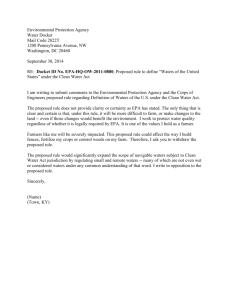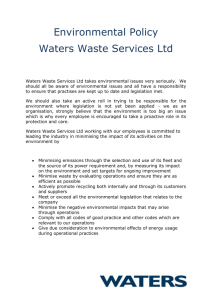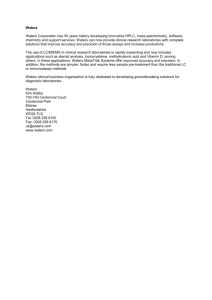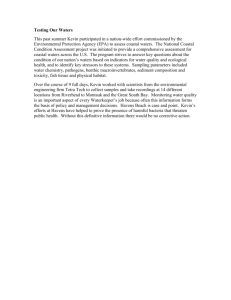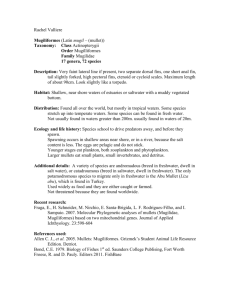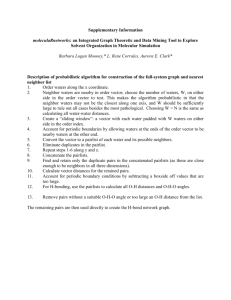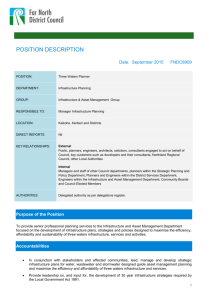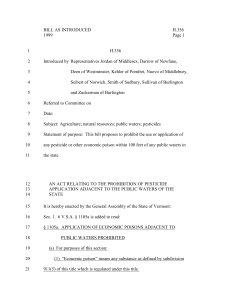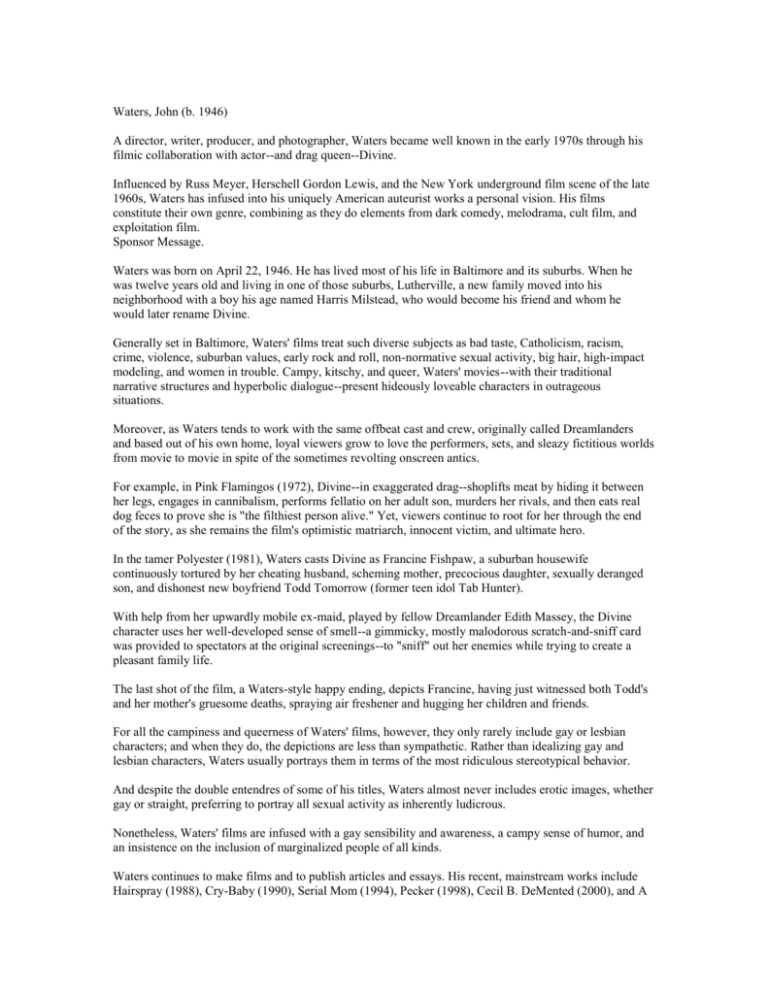
Waters, John (b. 1946)
A director, writer, producer, and photographer, Waters became well known in the early 1970s through his
filmic collaboration with actor--and drag queen--Divine.
Influenced by Russ Meyer, Herschell Gordon Lewis, and the New York underground film scene of the late
1960s, Waters has infused into his uniquely American auteurist works a personal vision. His films
constitute their own genre, combining as they do elements from dark comedy, melodrama, cult film, and
exploitation film.
Sponsor Message.
Waters was born on April 22, 1946. He has lived most of his life in Baltimore and its suburbs. When he
was twelve years old and living in one of those suburbs, Lutherville, a new family moved into his
neighborhood with a boy his age named Harris Milstead, who would become his friend and whom he
would later rename Divine.
Generally set in Baltimore, Waters' films treat such diverse subjects as bad taste, Catholicism, racism,
crime, violence, suburban values, early rock and roll, non-normative sexual activity, big hair, high-impact
modeling, and women in trouble. Campy, kitschy, and queer, Waters' movies--with their traditional
narrative structures and hyperbolic dialogue--present hideously loveable characters in outrageous
situations.
Moreover, as Waters tends to work with the same offbeat cast and crew, originally called Dreamlanders
and based out of his own home, loyal viewers grow to love the performers, sets, and sleazy fictitious worlds
from movie to movie in spite of the sometimes revolting onscreen antics.
For example, in Pink Flamingos (1972), Divine--in exaggerated drag--shoplifts meat by hiding it between
her legs, engages in cannibalism, performs fellatio on her adult son, murders her rivals, and then eats real
dog feces to prove she is "the filthiest person alive." Yet, viewers continue to root for her through the end
of the story, as she remains the film's optimistic matriarch, innocent victim, and ultimate hero.
In the tamer Polyester (1981), Waters casts Divine as Francine Fishpaw, a suburban housewife
continuously tortured by her cheating husband, scheming mother, precocious daughter, sexually deranged
son, and dishonest new boyfriend Todd Tomorrow (former teen idol Tab Hunter).
With help from her upwardly mobile ex-maid, played by fellow Dreamlander Edith Massey, the Divine
character uses her well-developed sense of smell--a gimmicky, mostly malodorous scratch-and-sniff card
was provided to spectators at the original screenings--to "sniff" out her enemies while trying to create a
pleasant family life.
The last shot of the film, a Waters-style happy ending, depicts Francine, having just witnessed both Todd's
and her mother's gruesome deaths, spraying air freshener and hugging her children and friends.
For all the campiness and queerness of Waters' films, however, they only rarely include gay or lesbian
characters; and when they do, the depictions are less than sympathetic. Rather than idealizing gay and
lesbian characters, Waters usually portrays them in terms of the most ridiculous stereotypical behavior.
And despite the double entendres of some of his titles, Waters almost never includes erotic images, whether
gay or straight, preferring to portray all sexual activity as inherently ludicrous.
Nonetheless, Waters' films are infused with a gay sensibility and awareness, a campy sense of humor, and
an insistence on the inclusion of marginalized people of all kinds.
Waters continues to make films and to publish articles and essays. His recent, mainstream works include
Hairspray (1988), Cry-Baby (1990), Serial Mom (1994), Pecker (1998), Cecil B. DeMented (2000), and A
Dirty Shame (2004). To the delight of his many new admirers but occasionally to the dismay of long-time
fans, these recent films are more polished technically and less youthfully angry than Waters' earlier works.
They are also visually and thematically toned-down.
However, their bigger budgets have allowed Waters to explore more expensive filmmaking options, such as
the use of better cameras, more sophisticated editing, larger crews and production facilities, and the casting
of major stars such as Kathleen Turner, Johnny Depp, Edward Furlong, Ricki Lake, and Deborah Harry.
Formerly on the fringes, Waters today enjoys fame and professional respectability as both a filmmaker and
author.
David Aldstadt

